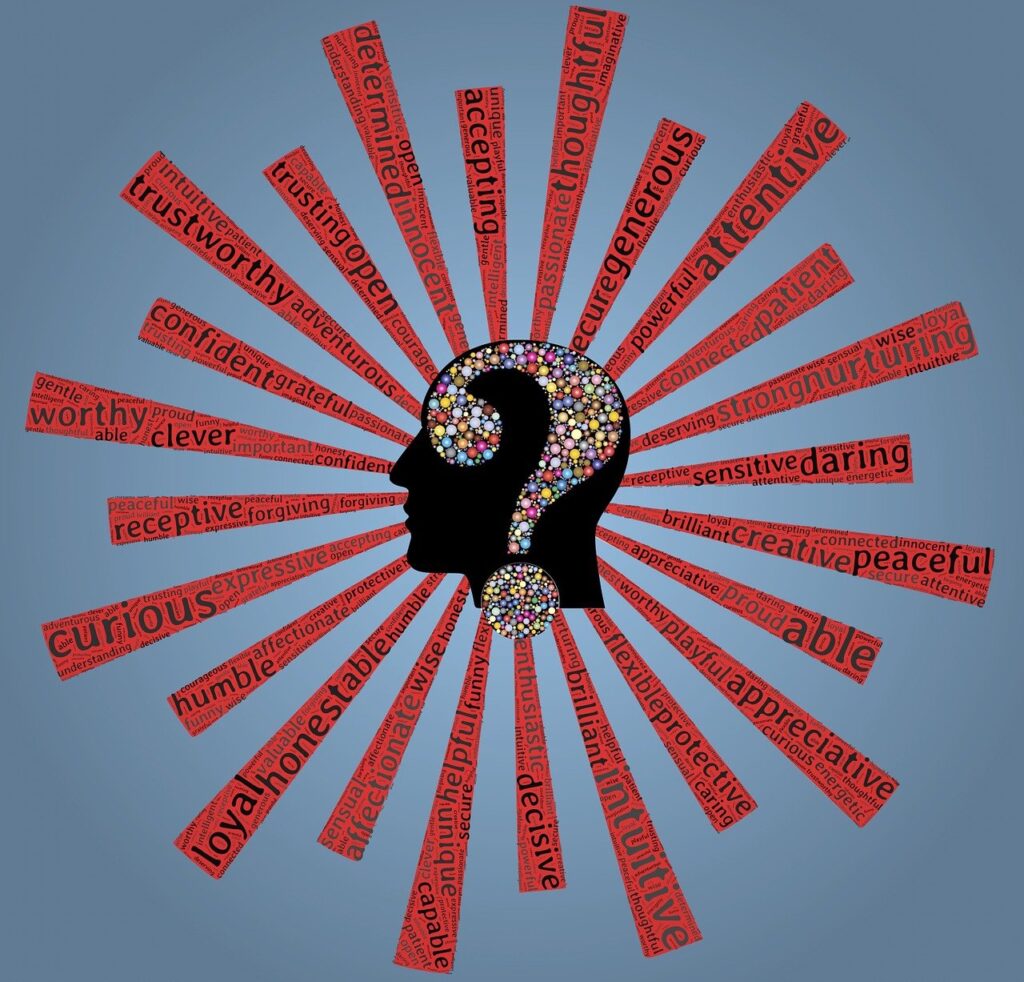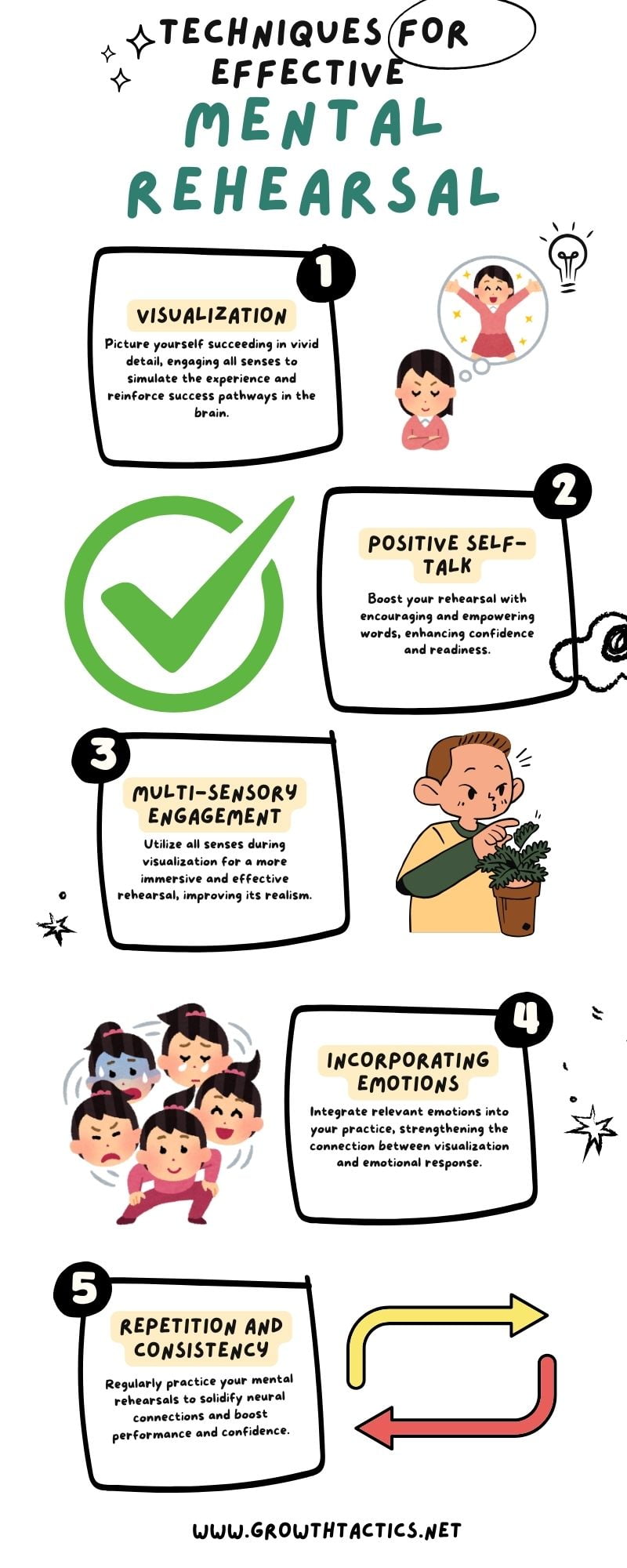Do you ever find yourself doubting your abilities or feeling unsure about your skills? We’ve all been there! But what if I told you that there’s a concept called “self-efficacy” that can help you overcome these doubts and boost your confidence? In this article, we’ll delve into the fascinating world of self-efficacy and explore how having a high sense of self-efficacy can positively impact various aspects of your life. So, let’s dive right in!

Jump To Section
What is self-efficacy?
Self-efficacy refers to your belief in your own capabilities to succeed in specific situations or accomplish certain tasks. It’s all about having faith in your abilities, skills, and knowledge. Think of self-efficacy as your own personal cheerleader, constantly reminding you that you have what it takes to overcome challenges and achieve your goals.
Sources of Self-Efficacy
Self-efficacy is not something we’re born with, but rather something that develops over time. It’s influenced by various factors, including:
1. Mastery Experiences: These are past experiences where you have successfully achieved a specific goal or overcome a challenge. Each time you accomplish something, your sense of self-efficacy gets a little boost.
2. Vicarious Experience: Observing others succeed can also enhance your self-efficacy. Seeing someone else achieve something similar to what you aim for shows you that it’s possible and builds your belief in your own abilities.
3. Social Persuasion: Encouragement and positive feedback from others can significantly impact your self-efficacy. When someone believes in your abilities and expresses their confidence in you, it can reinforce and strengthen your own belief in yourself.
4. Emotional and Physiological States: Your emotional and physiological states can affect your self-efficacy. Feeling anxious or stressed may undermine your belief in your abilities while feeling calm and confident can enhance it.

The Benefits of High Self-Efficacy
Having a high level of self-efficacy can bring about numerous benefits in different areas of your life. Let’s take a closer look at some of these advantages:
Improved Performance: When you have high self-efficacy, you’re more likely to approach tasks with a positive attitude, work harder, and persevere in the face of obstacles. This often leads to improved performance and higher levels of achievement.
Better Quality of Life: High self-efficacy can positively impact your mental and emotional well-being. It can contribute to lower levels of stress, greater resilience, and increased overall life satisfaction.
Increased Motivation: Believing in your own capabilities fuels your motivation to take action and strive for success. When you have high self-efficacy, you’re more likely to set challenging goals and stay committed to achieving them.
Greater Resilience: Facing setbacks and failures can be tough, but a strong sense of self-efficacy can help you bounce back and continue working towards your goals. It gives you the resilience to learn from setbacks and view them as opportunities for growth.

Examples of Self-Efficacy in Action
To better understand the concept of self-efficacy, let’s explore a few examples:
Example 1:
Academic Self-Efficacy: Imagine a student who believes in their ability to excel academically. They perceive themselves as capable learners, set high goals, and persistently engage in learning activities. This high sense of self-efficacy can lead to improved academic performance and a greater enjoyment of the learning process.
Example 2:
General self-efficacy: Suppose someone possesses a general belief in their capabilities to handle various situations across different domains of life. This generalized self-efficacy can contribute to a sense of self-confidence, adaptability, and the ability to face new challenges with resilience.
Example 3:
Teacher Self-Efficacy: A teacher who has a high level of self-efficacy believes in their ability to positively impact their students’ learning and development. This teacher is more likely to employ effective teaching strategies, engage students, and foster a supportive learning environment.
Example 4:
Athletic Self-Efficacy: A professional athlete who believes in their skills and abilities to perform at the highest level during a game or competition.
Example 5:
Creative Self-Efficacy: An artist who has confidence in their artistic abilities and believes they can create beautiful and meaningful artwork.
Example 6:
Leadership Self-Efficacy: A manager who believes in their leadership skills and can confidently guide and inspire their team to achieve goals.
Example 7:
Social Self-Efficacy: Someone who feels comfortable in social situations, believing in their ability to engage in conversations, make new friends, and build relationships.
Example 8:
Problem-Solving Self-Efficacy: An individual who has confidence in their problem-solving abilities and believes they can find effective solutions to challenges or difficult situations.
Example 9:
Public Speaking Self-Efficacy: A person who confidently addresses a large audience, believes in their public speaking skills, and delivers a powerful and engaging speech or presentation.
Example 10:
Driving Self-Efficacy: A person who feels confident and capable behind the wheel, believing in their ability to navigate different road conditions and handle challenging driving situations.
Example 11:
Financial Self-Efficacy: Someone who feels confident in managing their finances, making informed financial decisions, and planning for their future financial well-being.
Example 12:
Entrepreneurial Self-Efficacy: An entrepreneur who believes in their abilities to start and successfully run their own business, overcome obstacles, and adapt to changing market conditions.
Example 13:
Parenting Self-Efficacy: A parent who feels confident in their parenting skills, believes in their ability to provide love, support, and guidance to their children, and effectively navigate the challenges of parenthood.
Example 14:
Health Self-Efficacy: Someone who believes they have the ability to lead a healthy lifestyle, make positive choices regarding diet and exercise, and successfully achieve their health and wellness goals.
Example 15:
Learning Self-Efficacy: A lifelong learner who believes in their ability to acquire new knowledge and skills, adapt to different learning environments, and achieve academic success.

Tips for Boosting Your Self-Efficacy
Boosting your self-efficacy is all about believing in yourself and recognizing your own abilities. With a little bit of practice, you’ll be well on your way to achieving your dreams and reaching your full potential. Here are five practical tips for supercharging your self-efficacy:
Tip #1: Celebrate small wins
Do you tend to focus on your setbacks and overlook your successes? It’s time to shift your mindset! Celebrating even the smallest of successes can help build your self-efficacy and reinforce your belief in your abilities. So, next time you accomplish something you’re proud of, no matter how small it may seem, take a moment to acknowledge and celebrate it.
Tip #2: Take action and learn from setbacks
Action breeds confidence, so don’t be afraid to take risks and step out of your comfort zone. And if you encounter a setback along the way, use it as a learning opportunity. Analyze what went wrong, adjust your approach, and keep pushing forward. Each setback you overcome will make you stronger, more competent, and more self-assured.
Tip #3: Surround yourself with positivity
Negativity and self-doubt can quickly drain your confidence and erode your self-efficacy. Instead, surround yourself with positivity and seek out those who believe in you and your abilities. Having a positive support system can provide a much-needed boost to your self-efficacy and help you stay motivated in the face of challenges.
Tip #4: Set realistic goals
Setting realistic goals that challenge you but also feel attainable is an effective way to build your self-efficacy. Each time you achieve a goal, no matter how big or small, it serves as a reminder of your capabilities and fuels your confidence to tackle the next challenge.
Tip #5: Practice self-care
Taking care of your physical, emotional, and mental well-being is crucial for building your self-efficacy. Make time for activities that bring you joy and fulfillment. Whether it’s exercise, meditation, or spending time with loved ones, prioritizing self-care can help you cultivate a positive mindset and boost your confidence in your abilities.
Tip #6: Visualization and positive imagery
Picture yourself succeeding and achieving your goals. Engage your mind in positive imagery of you thriving in different situations. Visualization can create a mental blueprint of success, enhancing your belief in your abilities and boosting your self-efficacy. Take a few moments each day to envision your desired outcomes and feel the confidence flowing through you.

Tip #7: Seek out role models and mentors
We all need someone to look up to and learn from. Identify individuals who have achieved what you aspire to accomplish. Reach out to them, seek their guidance, and learn from their experiences. Having role models and mentors can provide invaluable insights, inspire you, and fuel your self-efficacy. Don’t be afraid to ask for help and advice along your journey.
Tip #8: Keep a success journal
Create a success journal to record your achievements, big and small. Celebrate your wins and document moments when you demonstrated your skills and abilities. When you’re feeling doubtful, revisit your success journal to remind yourself of all the milestones you’ve achieved. It’s an excellent source of motivation and a powerful reminder of your capabilities.
Tip #9: Embrace challenges and learn new skills
Challenges are opportunities for growth. Embrace them wholeheartedly and seek out new learning experiences. By expanding your skillset and taking on new challenges, you’ll continually push the boundaries of your self-efficacy. Whether it’s attending workshops, pursuing a hobby, or learning a new language, each new skill you acquire boosts your confidence in your ability to tackle the unknown.
Tip #10: Practice self-compassion
Remember to be kind to yourself, especially during challenging times. Understand that setbacks and mistakes are a natural part of the learning process. Treat yourself with compassion, just as you would a dear friend. Practice self-care, self-acceptance, and forgiveness. By cultivating self-compassion, you’ll build resilience, maintain a positive outlook, and strengthen your self-efficacy.
Closing Thoughts: Unlock Your Potential with High Self-Efficacy
To summarize, self-efficacy is a powerful belief in your own capabilities to succeed in specific situations or accomplish certain tasks. By developing a high sense of self-efficacy, you can enhance your performance, boost your motivation, improve your overall well-being, and build resilience in the face of challenges.
Remember, cultivating self-efficacy takes time and effort. Focus on building mastery experiences, seek out positive role models, surround yourself with supportive people, and manage your emotions effectively. By doing so, you can become the best version of yourself and unlock your full potential.
So, next time you find yourself doubting your abilities, think about self-efficacy and how it can empower you to overcome those doubts. Believe in yourself, take on challenges with confidence, and watch as your self-efficacy helps you soar to new heights!


